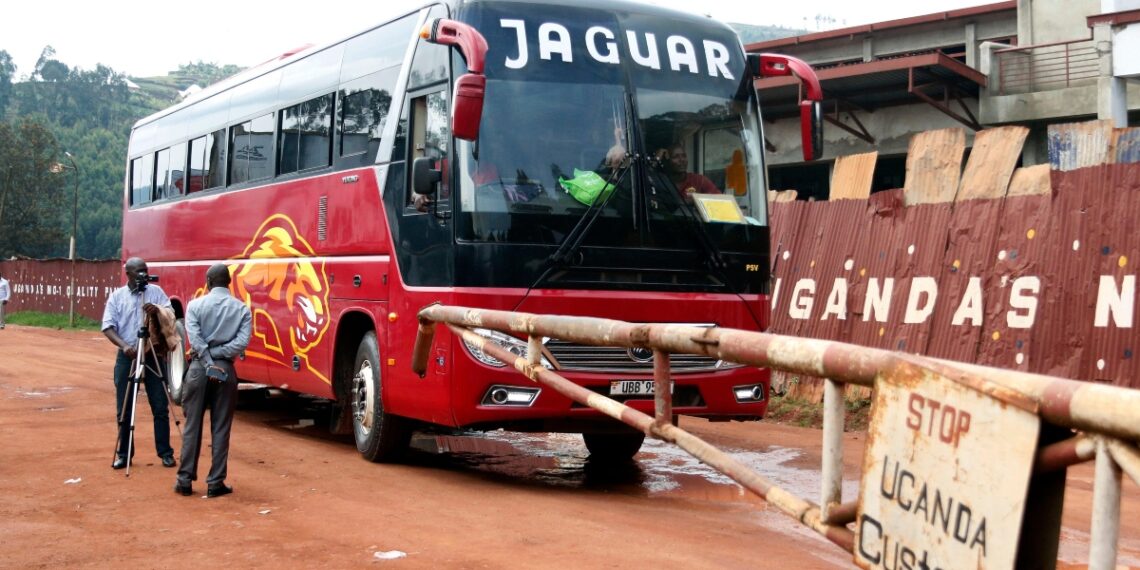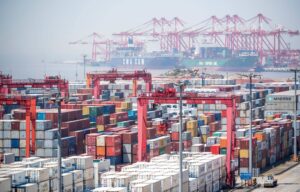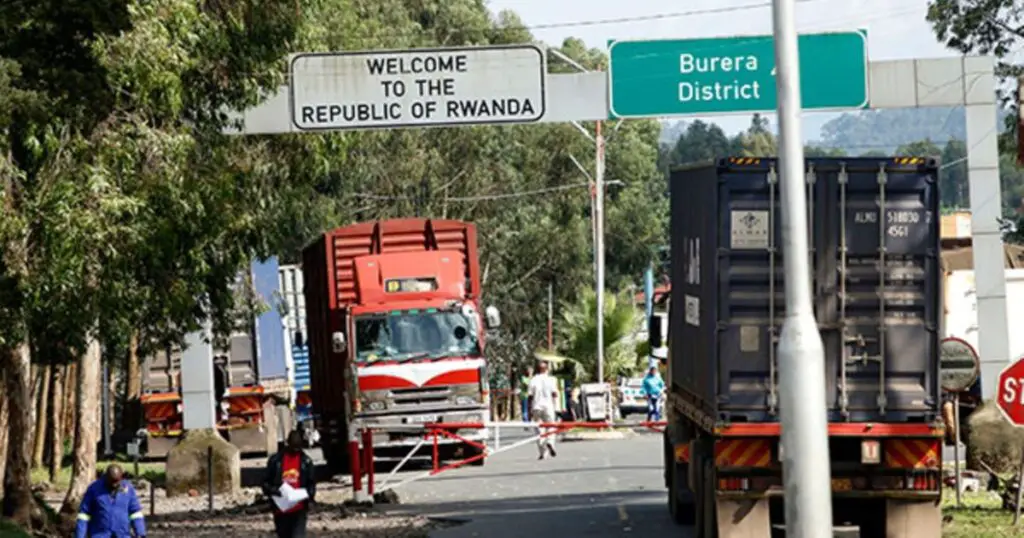- EAC Secretariat Secretary-General Peter Mathuki has hailed the governments of the Republic of Rwanda and the Republic of Uganda for their efforts ahead of the reopening of the Gatuna-Katuna border post
- He said the reopening would strengthen bilateral ties between the two EAC Partner States, which will revitalise social, economic and political relations
- Mathuki added that the border would also promote peace and security across the region
The EAC Secretariat has lauded Rwanda and Uganda for their efforts to reopen the Gatuna-Katuna border post on 31st January 2022.
In a statement seen by The Exchange Africa, EAC Secretary General Peter Mathuki hailed the move terming it as a boost to regional integration.
The move, he added, would strengthen bilateral ties between the two EAC Partner States, which will revitalise social, economic and political relations.
“Reopening this strategic trade route is in line with the EAC Common Market Protocol and will speed up economic and social development of the Partner States by reviving the free movement of goods, persons, capital and labour,” said Mathuki.
The Secretary-General also observed that the reopening of the border would also promote peace and security across the region.
“The move reflects the deep commitment and existing goodwill among the EAC Heads of State to widen and deepen cooperation in the bloc, particularly as the Community expands with the expected entry of the Democratic Republic of Congo,” he said.
According to Mathuki, the community has been committed to supporting initiatives that promote regional integration within East Africa.
“The Secretariat is ready to provide any technical support that may be required to ensure sustainability on the movement of goods and services across all the borders,” said Mathuki.
The reopening of the border will spark social and economic activities and benefit the informal cross-border traders who rely on the two Partner States for the supply and market of their goods.
It will also fast-track the operationalisation of the Gatuna-Katuna One-Stop Border Post and reduce the cost of doing business across East Africa.

Reopening of the Tanzania and Uganda border
Mathuki’s remarks come when the East African Business Council (EABC) CEO John Bosco Kalisa has called for the full operationalisation of Mutukula One-Stop Border Post.
East Africa’s One Stop Border Posts increasing trade, efficiency
Bosco said trade facilitation officials would be deployed to offer 24 hours’ service on the Uganda side for the seamless flow of cargo between Tanzania and Uganda.
”All agencies on the Tanzania side offer 24hrs services, but on the Uganda side, only the immigration department operates 24hrs at the Mutukula border,” he noted.
Kalisa explained that East Africans could not trade with each other because NTBs imposed EAC originating products that countries have a comparative advantage.
He appealed to the EAC Partner States to abolish tariff and Non-Tariff Barriers (NTBs) on rice and maise.
In 2020, Tanzania goods exports to Uganda reached USD.743.6 million while imports stood at USD. 95.1 million (International Trade Centre).
Joseph Cosmas from Tanzania Chambers of Commerce Industries and Agriculture (TCCIA) noted that the Uganda and Tanzania planting and harvesting seasons are different and added that the ban affected imports of maise.
“The import ban on maise from Uganda by Tanzania is affecting the competitiveness and growth of intra-EAC trade as trucks export products to Uganda and return empty, instead of bringing back to Tanzania the harvested maise during deficit season.”
Moses Kadera, Chair of Tanzania Freight Forwarders Association(TAFFA), noted that the excise tax on rice was increased by Uganda from 6% to 13%, creating unpredictable and paralysing Uganda- Tanzania trade at Mutukula.
They spoke during an EABC-TMEA public-private dialogue at Mutukula OSBP that attracted over 50 delegates composed of Officials from the Ministry of Foreign Affairs and trade facilitation agencies.
Others included importers, exporters, transporters, women cross-border traders and the Eastern African Sub-Regional Support Initiative for the Advancement of Women (EASSI).
The EABC-TMEA public-private dialogue at Mutukula OSBP charted out several recommendations, including creating a trade information desk for women small-scale traders.
They also called for financial support for cross border business recovery amid Covid-19 and sensitisation campaigns on customs procedures, among others.
Read: TradeMark East Africa hands Uganda the Mutukula border post











